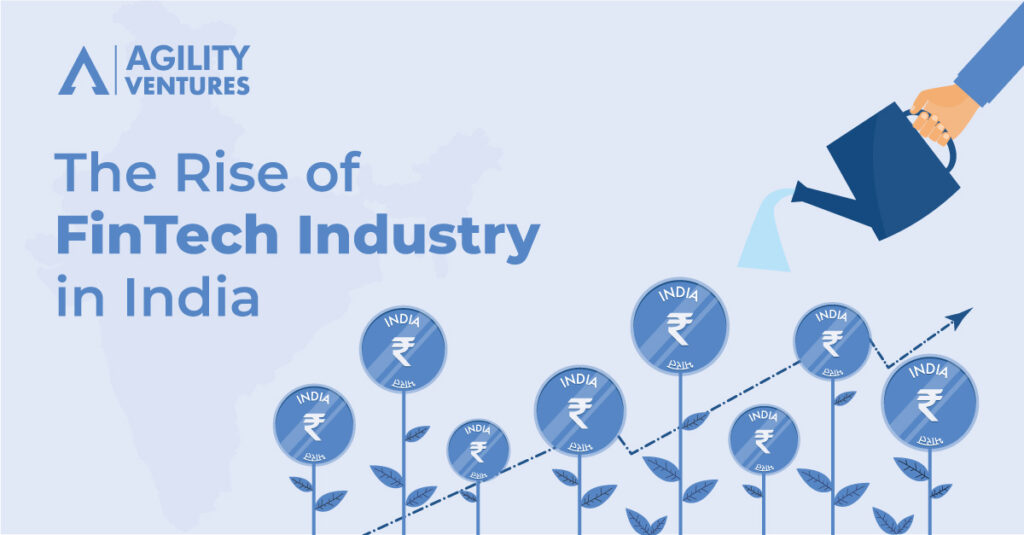In the past few years, many Indian startups have received unprecedented funding from VC firms. Given this excessive influx of capital, they have yielded more growth than profitability. In the current market scenario, the capital has started diminishing from the top as limited partners have reduced their contributions towards VCs as they are going for safer bets with already established firms than dicier ones with upcoming startups1. As capital becomes more expensive and macro uncertain, VCs are focusing more on profitability than growth, reducing the probability of startups receiving a high valuation in the short to mid-run2. This has resulted in funding winter.
As per PwC’s Start-up Perspectives report, India and the world continue to experience funding winter, and it is ‘uncertain until when this will last.’ During Q3 CY22, startup funding in the country hit a two-year low at USD 2.7 billion across 205 deals3. Even though significant dry powder or committed capital is waiting to be used, selectivity in dealmaking is likely to rise given the focus on path-to-profitability.
Status of funding across startup stages
While the decline in funding has been observed in all stages of a startup – early, growth, and late – the early-stage startups have witnessed the least downturn, where the average ticket size is around USD 4-5 million. This highlights how VC firms continue to support the Indian startup ecosystem. The funding in growth and late-stage deals continued to decline, where the average ticket size was USD 13 million in Q3 CY22. In the same quarter, FinTech and SaaS continued to attract the most capital, similar to previous trends.
The funding activity declined both in value (59%) and volume (28%) from USD 6.6 billion in Q2 CY22 to USD 2.7 billion in Q3 CY22. Furthermore, the average ticket deal declined from USD 23 million in Q2 CY22 to USD 13 million in Q3 CY22. These declining numbers highlight how startups should switch their focus, resources and efforts to build sustainable businesses while also evaluating the need to align their leadership and the organisation. Even though more capital might pour in early 2023, the demand for market leaders will only pick pace once the markets recover from these corrections.
The problem with dry powder
For private equity and venture capital firms, dry powder refers to the amount of committed but unallocated capital a firm possesses – the unspent cash waiting to be deployed. A dry powder of USD 562 billion is available with VCs, indicating better investment cycles in the future. It has been piling up as the latter have become more critical and picky with their investments.
VCs have higher capital allocation given their desire to participate in the digital world and become a part of value creation. Startups that require high burn and low monetisation have a higher probability of being exposed to funding risks in contrast with the startups that burn low, for instance, SaaS. Sectors like FinTech, Agri, HealthTech, consumer internet and SaaS in India are viewed as high-potential sectors with the scope and potential to disrupt the market. So, the size of India and the quality of entrepreneurship make it a lucrative market for many global allocators. In addition, with the amount of dry powder available, VCs can thrive even by investing USD 10 million of capital per year.
The road ahead for startups
Government initiatives such as the Fund of Funds for Startups (FFS), the Startup India Seed Fund Scheme (SISFS), The Mentorship Advisory, Assistance, Resilience and Growth (MAARG) programme under the Startup India initiative and loans, deposits, transactions, legal advisory, and related services offered by select banks are right steps in the direction of encouraging more startups to emerge and build a solid startup ecosystem in the country.
Startups can further leverage environmental, social, and corporate governance (ESG) to create value for their stakeholders. With as many as 4,500 institutional funds committed to the UN Principles for Responsible Investment (PRI) with an asset value worth USD 121 trillion, startups now have a real opportunity to integrate ESG into their business and create long-term and short-term value for all stakeholders.
The silver lining for investors
While funding winter sounds gloomy, there’s a light at the end of the tunnel. If startups use this time to make their businesses lean and more sustainable, it will contribute to value-creation not only for them but also for the economy and society. Investors can, thus, back new, potential founders supporting them to build resilient organisations and tap into new opportunities and technology. The market, too, is expected to revive eventually, and when it does, startups are likely to have emerged stronger and more adaptable.



